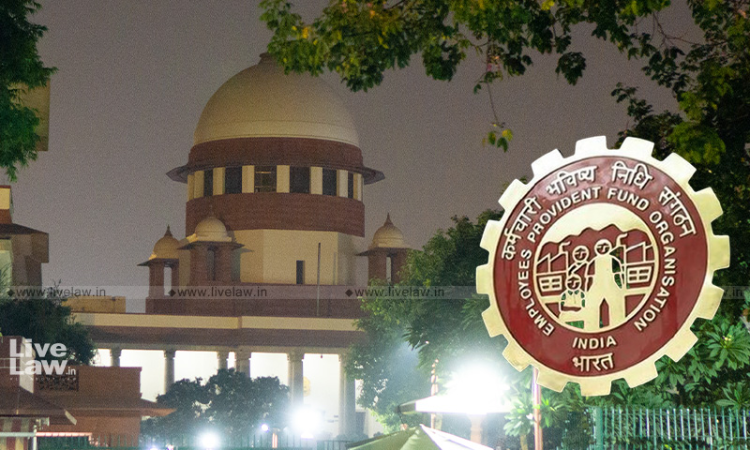Provident Fund | When Can Two Establishments Be Clubbed Together For EPF Act Coverage? Supreme Court Explains
Gyanvi Khanna
18 Oct 2023 9:13 PM IST

Next Story
18 Oct 2023 9:13 PM IST
A Division Bench of the Supreme Court recently determined the legal position pertaining to the clubbing of different institutes for the purpose of coverage under the Employees’ Provident Funds and Miscellaneous Provisions Act, 1952 (EPF Act). After referring to several decisions with respect to the subject matter, the Court concluded that there is a financial integrity between the...
